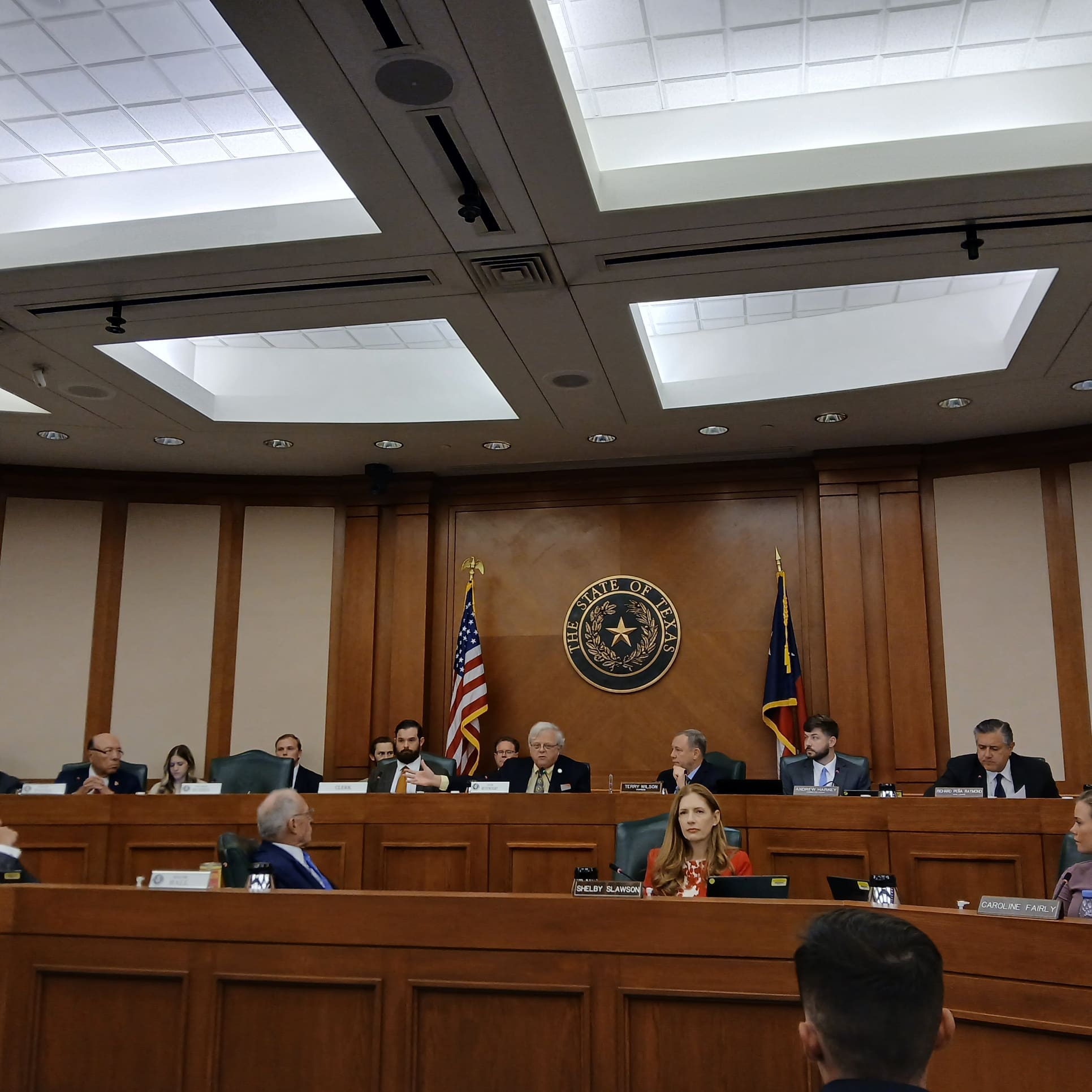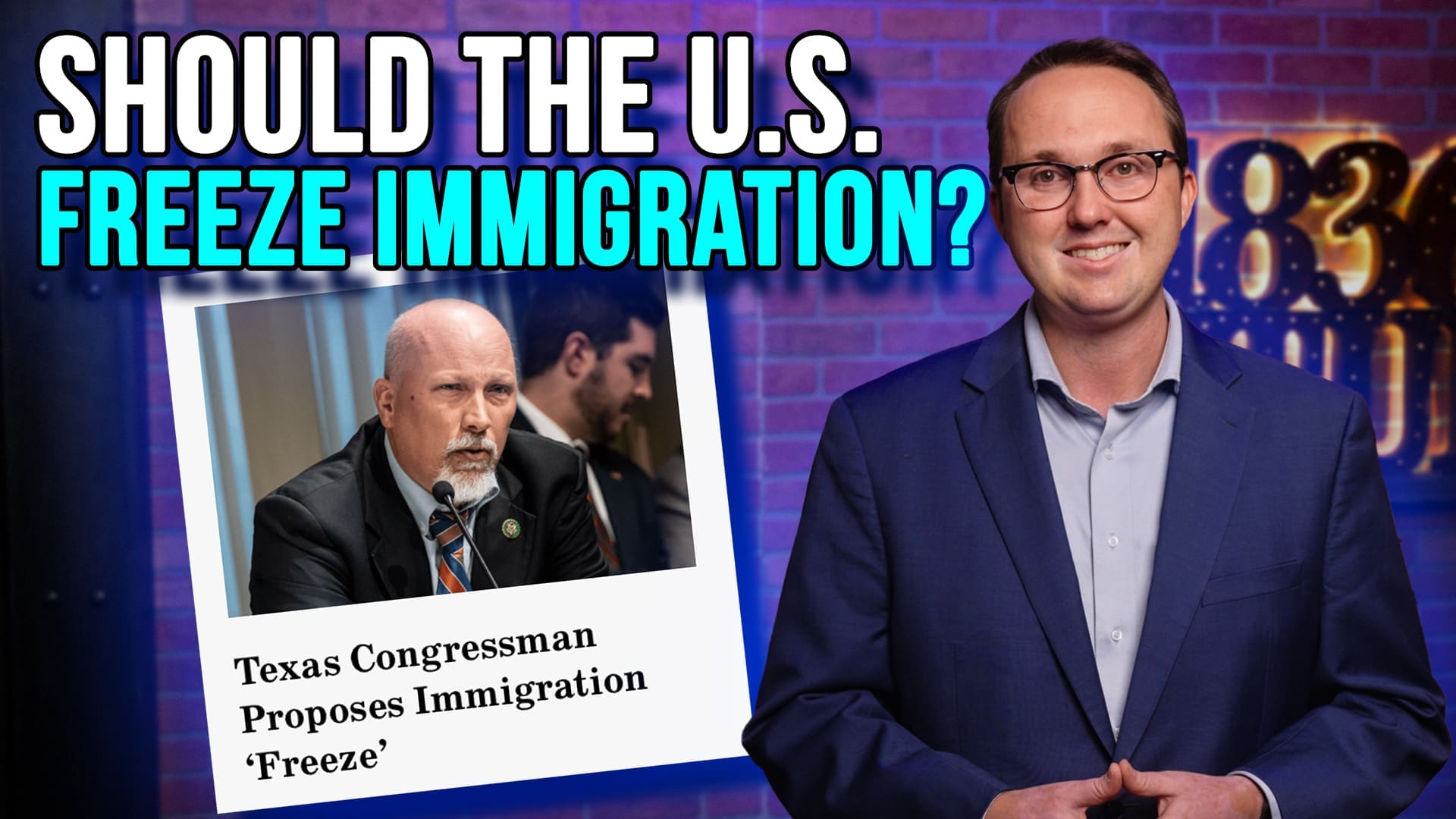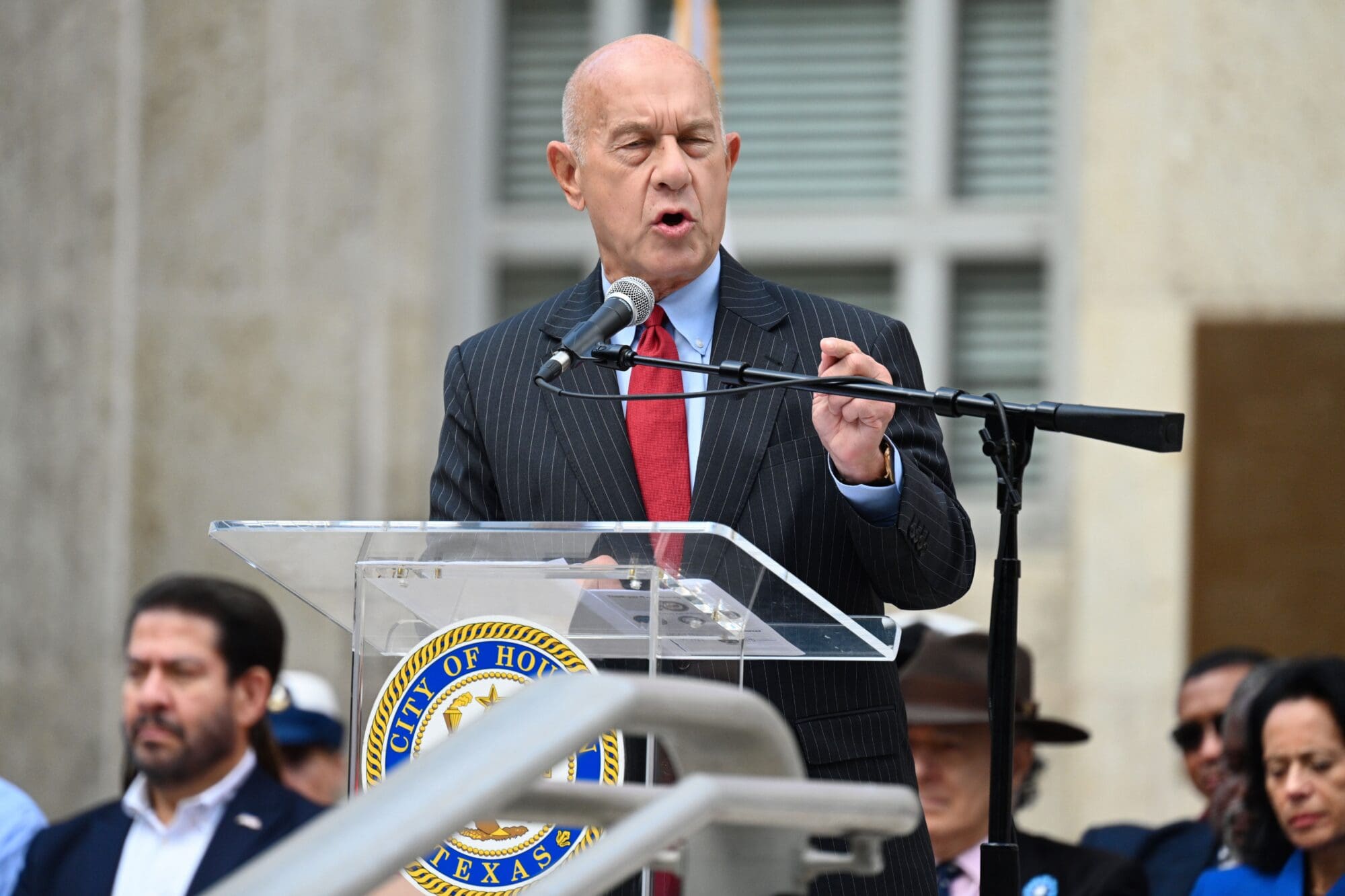A newly formed Select Committee on Civil Discourse and Freedom of Speech in Higher Education, created in the aftermath of the Charlie Kirk assassination, held its first hearing Thursday. The committee is composed of members from both the Texas House and Senate.
Lawmakers made the connection to Kirk explicit, with co-chair State Sen. Paul Bettencourt (R–Houston) stating during opening remarks that “[p]olitical assassination cannot be condoned,” while co-chair State Rep. Terry Wilson (R–Georgetown) said, “Texas will defend public expression, but we will demand order.”
Dr. Wynn Rosser, Texas Commissioner of Higher Education, primarily testified about the progress of a core curriculum review committee created by state lawmakers under the recently passed Senate Bill 37. The law requires this committee to issue a report in late 2026.
While Rosser made clear that no final decision had been made, he also indicated that this review would likely lead to a “streamlining” of the mandates.
Jim Davis, president of UT-Austin, identified three areas of focus: campus speech, speech in classrooms, and “how we treat each other.”
Davis specified that the university supports political speech on campus, but emphasized “proper conduct” during these activities. He stressed the need for a “clear expectation of order” during expressive activity and that the so-called heckler’s veto is “completely unacceptable.”
Davis said that while so-called “hate speech” is constitutionally protected, hateful conduct is not.
In the classroom, Davis explained that “students have academic freedom, too.” He pointed to the university’s recently issued academic integrity statement as an effort to address these tensions.
Regarding “how we treat each other,” Davis stated that people have a right to say nasty, personal things, but that the university discourages it. Davis expects the university to confront this concern through a core curriculum review he recently announced.
Ryan Walters from the Office of the Attorney General discussed ongoing efforts to defend Senate Bill 2972, a measure lawmakers passed to facilitate orderly political expression. One component of this law restricts political expression on campus to students, faculty, and staff, rather than the general public. Litigation over this legislation is ongoing.
Amanda Cochran-McCall, UT-Austin’s general counsel, stated that campus expression is limited to students, faculty, and staff, but that all “time, place, and manner” restrictions are “content neutral.” In response to questions from lawmakers, Cochran-McCall explained that restrictions on expressive activities by the general public were a response to chaos spread by outside agitators during anti-Israel protests in 2024.
Ralph Ohland of the Texas Department of Public Safety’s Criminal Investigations Division discussed the logistics of providing public safety at large, politically charged events.
The Select Committee on Civil Discourse and Freedom of Speech in Higher Education is expected to hold a series of hearings throughout 2026.





